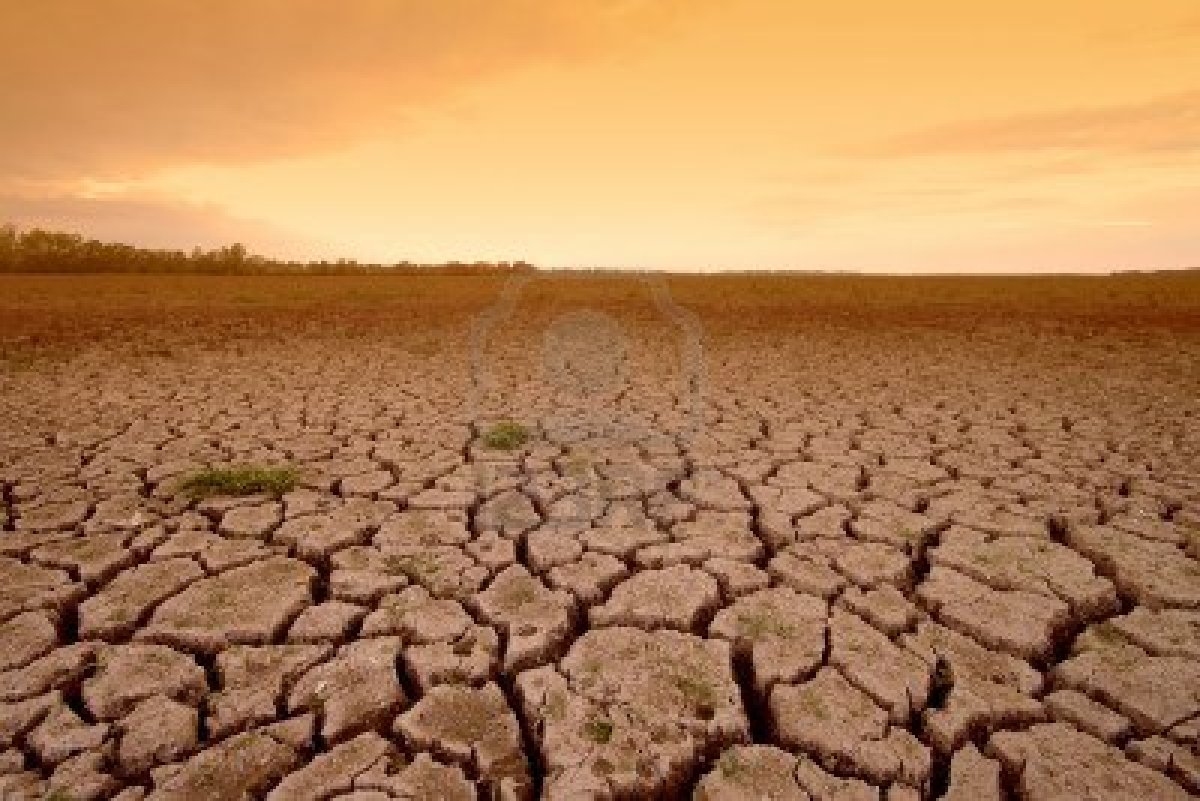It's just too expensive to save the planet. I'm glad that our governments were making the tough Choices, to continue burning coal and other fossil fuels because the economy just couldn't handle the burden of not growing by another 5% every year.
World News
News from around the world!
Rules:
-
Please only post links to actual news sources, no tabloid sites, etc
-
No NSFW content
-
No hate speech, bigotry, propaganda, etc
That's a fair complaint for developed countries, but I feel like it's less fair for developing countries where each point of GDP growth has a tangible effect on poverty rates, education, health, economic mobility, and overall wellbeing. Hell, an increase in economic resources will probably even offset the decrease in crop yield from climate change. For countries that are still developing, these things improve the lives of citizens more than the impact of climate change would hurt them.
Living in a developed country, we have a disproportionate responsibility for both reducing our own emissions and developing the technology and infrastructure to reduce emissions for everyone else. We should have led the charge towards ever cheaper solar and ever cheaper wind. We should have given the world clean and cheap technologies they can use to fuel their industrialization to reduce their reliance on fossil fuels. We haven't, but looking towards the future there's still a lot we can do.
Remember that you can influence global emissions far more than by bringing your personal emissions down to zero.
Yes, exactly, the developed world should aid the developing world as much as possible in providing them clean technologies.
We are rich enough. We can afford that. And we all benefit in the end (because, after all, a lot of our supplies originate from developing countries).
None of the countries historically responsible for the most CO2 emissions is growing at anywhere near 5%. If anything, we're burning our only home for 1% year on year.
Also worth remembering that governments are subsidizing the fossil fuel industry. What should happen is that this industry should be nationalized and the profits should be used to build out clean energy infrastructure.
The oil industry is on its death bed so I'm not against what you're saying, but we're currently subsidizing the green energy sector (a good thing) with nothing in return (a bad thing).
We should look to how Norway avoided Dutch Disease and taxed the hell out of private oil extraction. They subsidise the discovery (the risky part) and then slap a very heavy tax on the oil those companies then extract and sell, all the while having a national oil company they have to compete with it (crucial to keep oil expertise within the government).
Norway already taxes private wind energy and hydropower, because they know the oil industry will be dethroned by the green energy industry soon and don't want to simply subsidize their profits. Norway also owns wind energy both domestically and in other countries (hilariously, they own more UK wind energy than the UK government itself does), and massive amounts of their domestic hydropower.
I am so glad the shareholders got their money!
Just imagine some rich people didn't get more rich, just stayed as rich as they were, so we could "save the planet". Disgusting!
Had the misfortune of listening to State Department and White House policy ghouls talk to a class recently. They don't believe moving to less fossil fuels quickly is viable because we'd become "dangerously dependent on Chinese minerals for batteries and solar cells" ignoring the fact that the entire globe is "dangerously dependent" on a liveable climate

Ok this is an idiot question but how does the global average temperature change so much over the course of a year. Is the northern hemisphere warmer overall during its summer compared to the southern hemisphere in its summer?
I don't know the answer and was wondering the same thing, but the southern hemisphere has a lot more ocean, which I'm guessing is the difference.
There are potentially thousands of interdependent variables that impact climate, on both a local and global scale.
Everything from the slight variations in the suns energy, the extent of ice (reflects heat), chemical composition of the atmosphere/land/oceans (including everything we emit), existing distribution of energy (GHG's trap more energy in the system), geography and terrain, to the plants and animals.
The reason we can't reliably predict the weather beyond a week in advance is due to this enormous amount of variables. In statistics, attempting to model the behaviour of 1 variable via its dependent variables becomes extremely difficult beyond a relatively small number, especially when there are multiple confounding variables — the weather and climate is that, except there's hundreds/thousands of dependent and confounding variables that impact each other. All we can do is provide a probability distribution or range.
That's also why climate scientists stress for warming to be limited as much as possible, because every 0.1 c increase in temp, increases the volatility and uncertainty of the modelling; feedback loops exponentially increase the complexity (predictability) and, if triggered, could render all our existing climate modelling devastatingly inaccurate.
NOTE: GHG's are the strongest variable that we have any control over, and the probability distribution of climate modelling over the last 50 years has been extremely accurate — that is to say that the majority of historic modelling predicted where we are today as the most probable.
This is correct. Water has an extremely high heat capacity, meaning that it takes a lot of energy to warm or cool it by any noticable amount. Land does not. So while the different amount of sunlight in summer/winter changes the land temperature by a large amount, the ocean barely changes. Most of the land on Earth is in the northern hemisphere and therefore we get those temperature swings.
I suppose there is more landmass on the northern hemisphere. Landmass is more prone to temperature changes because water dampen the change while land quickly absorb or radiate the heat.
There is a theory based around how ocean tankers' exhaust historically included sulfates, which can actually seed cloud formation.
Recent emissions regulations reduced this effect, so fewer clouds are being seeded over the ocean, and the oceans are absorbing more sunlight and heating more.
So we were basically painting large swaths of reflective clouds over the oceans, masking the heating. And now we're seeing unencumbered heating effects.
I would presume the Earth would be hottest during periapsis (closest point to the Sun in its orbit) and coolest during apoapsis (furthest point to the Sun in its orbit).
Good guess, but doesn't look like it: July is when the Earth is at its furthest point from the sun.
And summers in Australia are brutal and can give you skin cancer

can we please fucking kill oil and gas executives now? i know it's not gonna save us but we deserve something
We ded
We ded
Most likely outcome (high confidence)
still letting this here: https://www.science.org/doi/10.1126/science.aba7357
Oh yeah. We are definitely fucked

That's capitalism efficiency for you right there, climate apocalypse is ahead of schedule.
Hell yeah were so fucked
Fuck yeaaahhhhhh!!
Earth 
Okay but that image goes hard. Literally looks like they're holding fire in their hand.
Even without optical illusions, drip torches are pretty fun to work with.
This is the best summary I could come up with:
In 2016, influenced by a strong El Niño event - a natural climate shift that tends to increase global temperatures - the world saw around 75 days that went above that mark.
One theory - which is still uncertain - is that a fall in air pollution from shipping across the North Atlantic has reduced the number of small particles and increased warming.
Up until now, these "aerosols" had been partly offsetting the effect of greenhouse gas emissions by reflecting some of the sun's energy and keeping the Earth's surface cooler than it would have been otherwise.
While the northern hemisphere will naturally cool in autumn and winter, there is a view that the large temperature differences from the pre-industrial period may persist, especially as El Niño reaches a peak at the end of this year or early next.
Researchers believe that these ongoing high temperature anomalies should be a wake-up call for political leaders, who will gather in Dubai in November for the COP28 climate summit.
In March, the UN urged countries to accelerate climate action, stressing effective options to reduce emissions were available now, from renewables to electric vehicles.
The original article contains 1,138 words, the summary contains 191 words. Saved 83%. I'm a bot and I'm open source!
is this fine?
 ?
?
lol
lmao
😂 💀

Look at this beauty! If we work together me can get to 3°C or may be more
Uhh yeah it's not looking good ...